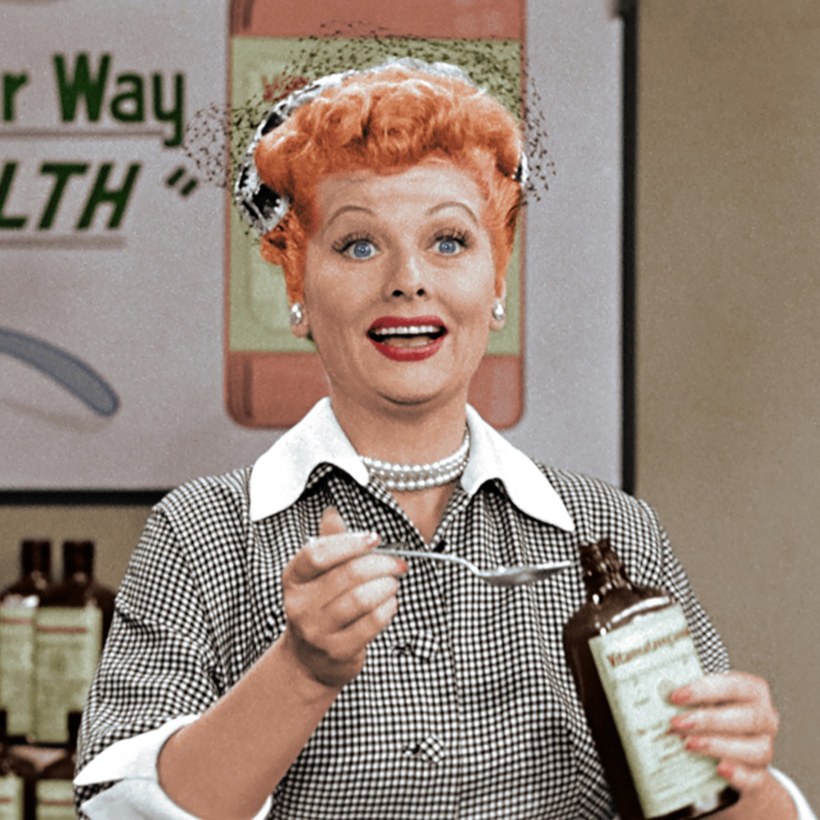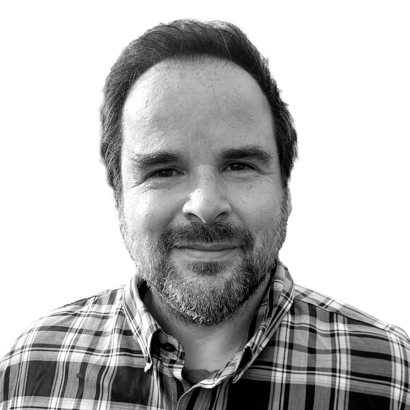By the time I was done writing my first book, A Libertarian Walks into a Bear, which looked at the dynamics between libertarians and bears in a small New England town, I knew my next book, If It Sounds Like a Quack … , would focus on medicine, another topic heavily influenced by those whose philosophy of governance is best described as preferring slim to none.
As it turns out, the libertarian call to deregulate health care, which first gathered steam about 20 years ago, was of immense appeal to those whose brand of health care regularly ran afoul of those pesky regulations. I was soon deep in the extreme fringe of the alternative-health-care movement, a place where the efficacy of a proposed cancer treatment—be it leech, bleach, or laser—was much less important than the right of all Americans to purchase the health treatment of their choice, no matter how silly or potentially injurious.


